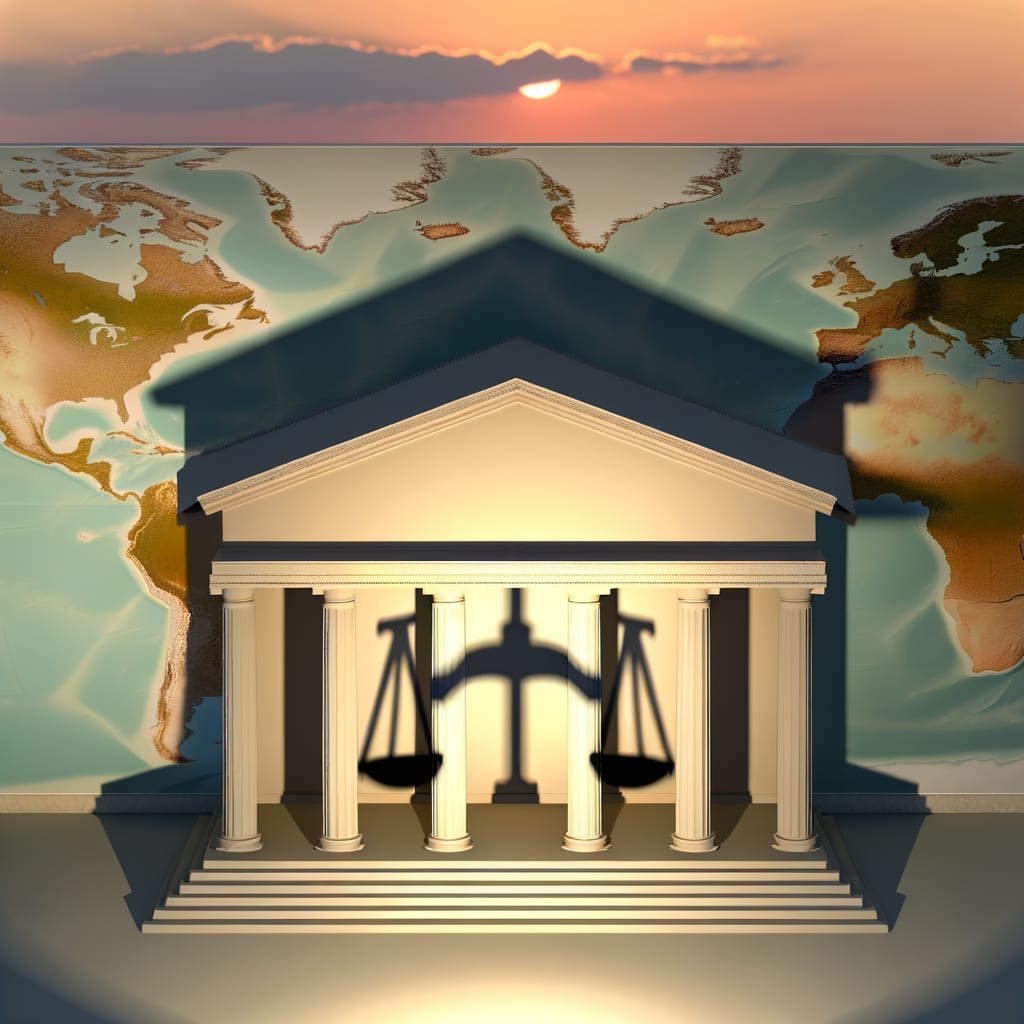Global Recognition of Palestine Sparks Controversy
In an historic shift, the United Kingdom, Australia, Canada, and Portugal joined a growing list of countries recognizing Palestinian statehood. The move, which came amidst the annual United Nations General Assembly summit in New York, has been met with vehement opposition from Israeli Prime Minister Benjamin Netanyahu, who vows to expand illegal settlements in the occupied West Bank, and insists a Palestinian state will not happen.
Background and Context
The recognition of Palestine marks a significant milestone in the long-standing Israeli-Palestinian conflict, highlighting the enduring resilience of the Palestinian people amid ongoing Israeli control. However, the diplomatic shift appears driven less by genuine humanitarian concern and more by mounting domestic and international pressure.
The Israeli Prime Minister Netanyahu responded angrily to the announcements, declaring that a Palestinian state will never exist west of the Jordan River. He referred to the recognition as a “massive prize for terrorism” and a reward for Hamas.
Netanyahu also vowed to deliver a full response after his return from the United States.
Key Developments
Netanyahu's reaction to the recognition of Palestine has not been without controversy. Several ministers in his government have called for the immediate annexation of the occupied West Bank. Far-right members of Netanyahu’s governing coalition have also demanded Israel annex some of the territory that would be part of a future Palestinian state.
Critics argue that any move to expand Israeli settlements in the West Bank or annex parts of Palestine risks putting a two-state solution permanently “beyond reach”. The trajectory of the Gaza conflict has raised deep concerns in the international community, with countries like Singapore reconsidering their stance on recognizing a Palestinian state if the situation continues to deteriorate.
Implications and Reactions
The wave of recognition has sparked outrage in Israel and drawn warnings from Saudi Arabia, which views the move to annex the West Bank as a red line. There are suggestions that Riyadh could declare prospect normalization dead, or once again close its airspace to Israeli flights.
While Netanyahu has threatened annexation and bilateral actions against countries recognizing Palestine, his options may be more constrained. He cannot afford to jeopardize deals touted by former US President Donald Trump. Despite the backlash, the Israeli Foreign Ministry dismissed the recognitions as a “reward for Hamas” driven by “the Muslim Brotherhood."
Iran, on the other hand, voiced reservations on some issues included in the Doha summit communiqué, dissociating itself from issues such as “two-state solution” and any explicit or implicit reference to the recognition of the Israeli regime.
Conclusion
Despite the recognition of Palestine by several Western countries, the path to statehood remains fraught with challenges. Critics argue that recognition alone is not enough, and that concrete actions are needed to ensure the establishment of an effective Palestinian government. Amidst these developments, Prime Minister Netanyahu's vow to expand settlements and his rejection of a Palestinian state has exacerbated tensions in the region. The international community will be watching closely as events continue to unfold.

